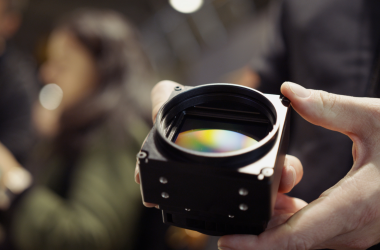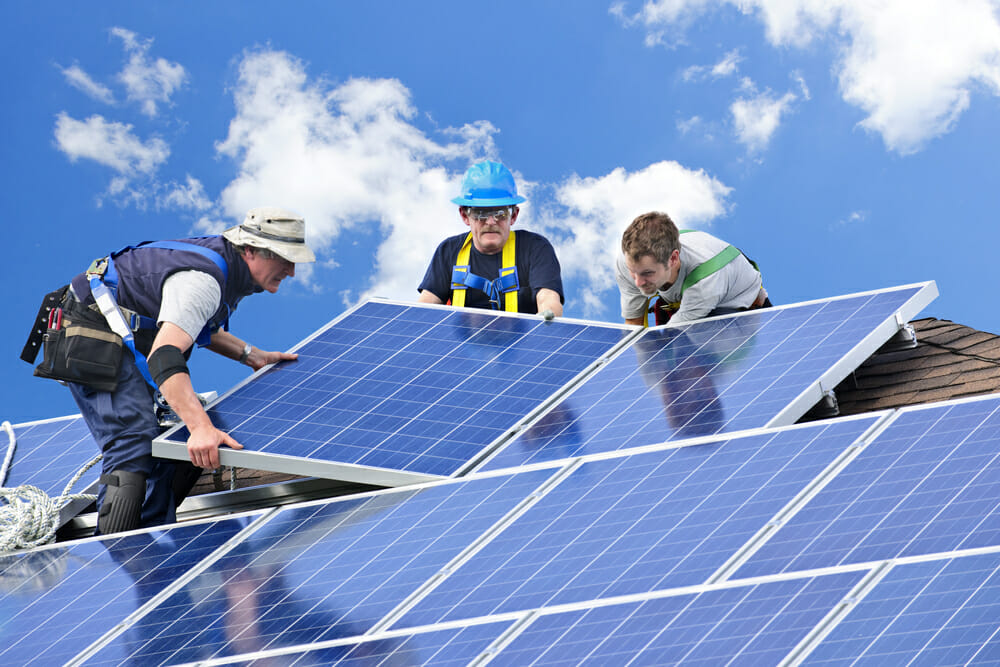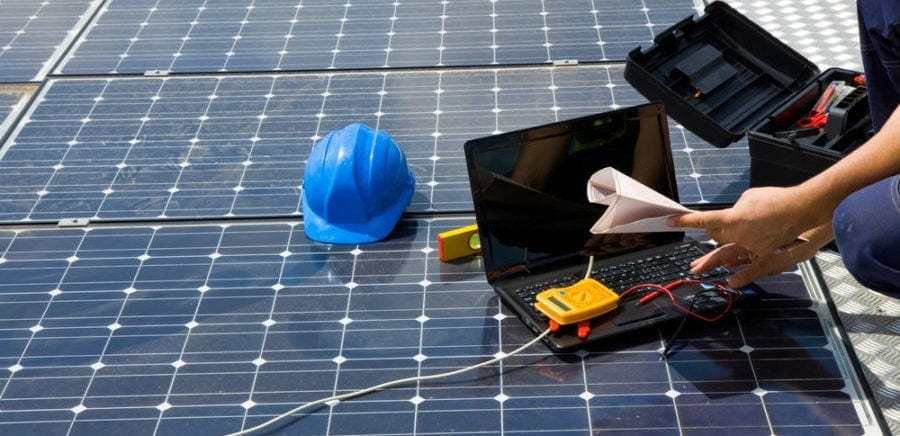Last Updated on: 21st November 2023, 10:03 pm
Installing an energy storage system is a way of taking full advantage of solar power. The batteries store the excess energy made by your solar on a good sunny day to use on bad weather days when the sun is not shining.
These batteries are safe. But remember, batteries are not simple tools. Hiring an expert who has experience in installing them is important.
This article will cover what makes solar batteries dangerous for humans and the environment. You can also see this link https://www.solargraf.com/guide-to-solar-battery-storage/ to get more details.
Causes and dangers of solar storage device
According to energy researchers, having a solar battery in your house is as safe as having a diesel-powered car. The reason they emphasize the safety precautions is to help users avoid any dangerous situations by ensuring proper care and maintenance when using them. Some of the common dangers associated with solar batteries are:
- Toxic fumes from burning battery
- Exploding and bursting in flames
- Manufacturing flaws, cause leaking
- Inferior quality may overheat and explode
- Overcharging of lead battery in an enclosed area causes toxic fumes
Environmental damages
Some components used in the production of solar backup devices, like lithium, nickel, and graphite, are mined. The act of mining is already a disadvantage to the environment. Chemical and power also have to be used for the production of these power devices. The disposal of these batteries is also a problem for the environment because they pollute soil, air, and water.
Damages for human
The sulphuric acid in the electrolyte lead-acid batteries can destroy clothes and skin when left untreated. Click here to read more.
Type of batteries and their negative impact
There are four types of solar batteries. They all have unique characteristics. Some batteries are safer than others. The differences are in quality, durability, and capacity. Below are some of the most common energy-storing devices found in today’s market.
- Lead-acid
- Flow battery system
- Nickel-based
- Lithium-ion
Lead-acid
Their advantage is their affordability. However, the regular maintenance required when using this type of battery makes it leak. When mishandled, it can cause severe injuries because of the gasses released when it’s charging. It is also highly flammable and can explode.
Flow battery system
This energy storage device is safe and does not pose environmental risks when there is no leakage.
Lithium-ion
It is one of the most popular solar power storage devices; they are the most sought after because of their capacity to store power compared to other batteries. The challenge that makes this battery dangerous is its sensitivity to high temperatures and how fast it can burst into flames.
Nickel-based
These are batteries made with cadmium. They are hazardous to plants. Therefore, never throw them out carelessly or in the trash. When overcharged, it produces gasses that cause rupture and explosion.
Safety tips when handling solar batteries
- It’s important to always keep solar batteries out of children’s reach, and also communicate with the children about the dangers of mishandling this battery.
- Observe the battery temperature when charging
- Wash up the area exposed to electrolytes or leaking electrolytes and see a physician
- Always wear heavy approved gloves when handling them
Conclusion
All batteries have some toxicity and are harmful when mishandled. Installing a battery backup to your solar is not simple work. Always hire an expert installer who has all certification and experience in working with different solar batteries.
When cleaning or working on them, it’s advisable to remove all metal materials like bangles, necklaces, or earrings. Also, use thick protective gloves and safety glasses to protect yourself against any leakages. Have a baking soda at arm’s length when you suspect a leakage. Baking soda will help you neutralize the acid.








